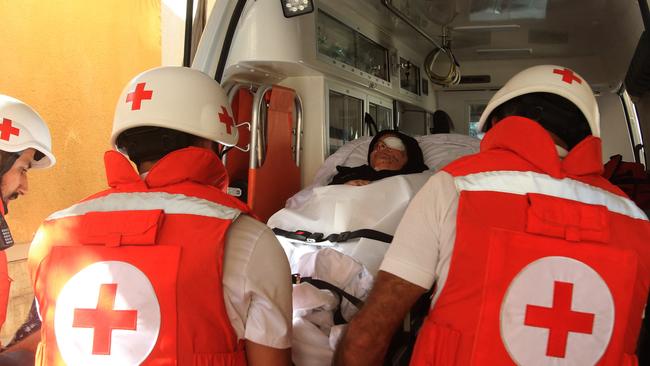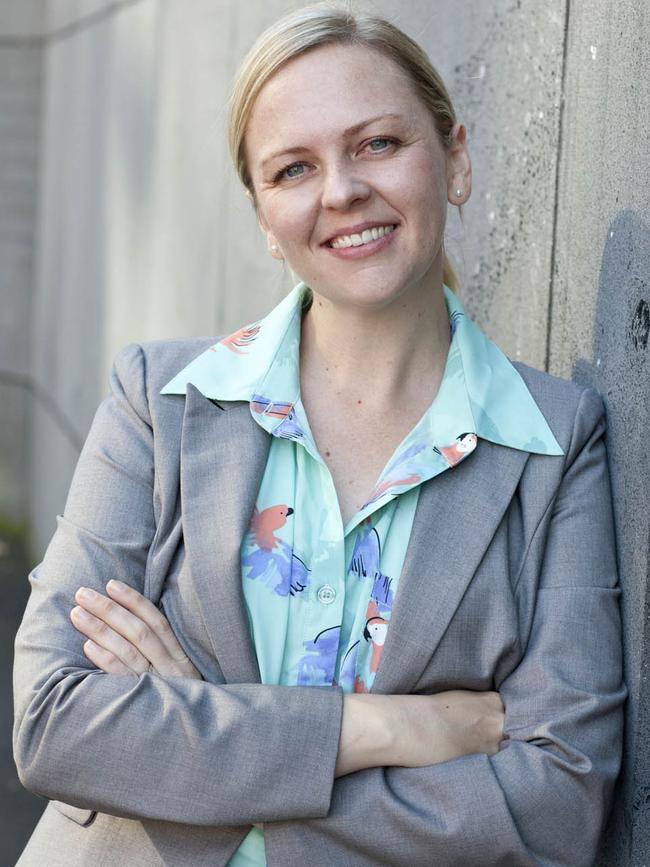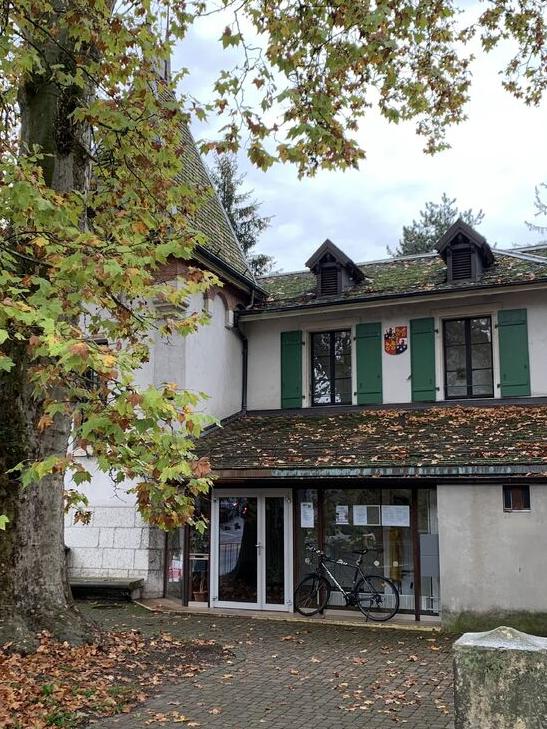Lebanon, Ukraine aided by Australian health services
A local pioneer of community health and remote care is taking the Australian model to Lebanon, Ukraine and the crisis zones where help is needed most.

An Australian charity that pioneered telehealth years before the pandemic has begun to mobilise remote care in war zones such as Lebanon, Sudan and Ukraine, assisting strained health systems from afar.
The Centre for Community-Driven Response is a nurse-led virtual health service that has grown from Canberra to Geneva in the 12 years it has operated.
Operating in the vein of nurse-on-call, it provides advice on how patients in isolated areas or tackling chronic and complex conditions can best treat their own ailments, or find where to present for care, a question that can be complex and evolving within conflict zones.
Led by chief nurse Kate Holliday, the CCDR has told The Australian it is currently taking stock of the health resources it can work within across crisis zones as it hires a pool of local nurses.
“Sadly, the first thing we need to do is develop a catalogue of health services classified by whether they remain open, have staff still available or have been destroyed; noting the alarming number of healthcare and humanitarian workers who have been killed,” she said.
“At the moment it’s an ongoing case of responding each day to the situation and adapting a service around that. For example, we’re now in the process of setting up central operations in Egypt where there is more stability to be able to co-ordinate the service in the region.
“We’ve been overwhelmed with applicants, likely because so many clinics have been affected and are not operating. As well as this, I get messages and emails on a daily basis from nurses in desperate situations needing work.”
The CCDR began in 2012 as a charity to supplement existing health groups with trained nurses who could provide tailored care outside of health systems that may be overwhelmed or lack specialised experience.


Using telehealth long before it was typified in the pandemic, the CCDR went on to adapt its service to rural care and was federally funded from 2019 by the Coalition. This has since been cut under the Albanese government.
The same Pathways model it has used from 2019 to provide care in Australia paved the way for its efforts as a humanitarian agency based from Geneva.
While working within other established patient groups and health charities, the CCDR can provide additional nurses, clinical infrastructure and experience.
Whether nationally or globally, it works to offset the burden on hospitals by giving remote triage, providing what care a patient can self-administer, and directing them to an appropriate health service.
Locally, it allows for continuity of care for those with chronic conditions, and in crisis or conflict areas it can help patients adapt to rapidly changing health offerings, or attend to pre-existing conditions that may have fallen to the wayside.
“Australia is often a leader in health innovation as we’ve seen in other areas such as Australia’s contribution to cervical cancer population screening and prevention worldwide which has been supported by governments and private philanthropy,” Ms Holliday said.
“Pathways is another Australian innovation that we hope will be supported.”
“We’ve had hundreds of applications from nurses in Lebanon, Sudan and Ukraine. Having interviewed nurses working in Lebanon last week, I’m lost for words to describe their courage and dedication, often amid their own personal loss.
“Our specialist nurses are exceptional. They have a highly technical role with additional skills needed to work virtually, and before being employed need to already demonstrate outstanding clinical and technological competence. It’s not an easy role and as with crisis settings, a lot of that technical specialty relates to being able to both reduce anxiety in a patient and show compassion, while conducting complex assessments, often in difficult situations.
“Nurses are among the most versatile and skilled health professionals and when we are able to work in a full scope of practice and are resourced, this strengthens health systems.”
International Committee of the Red Cross chief nurse Filippo Gatti had worked alongside the CCDR in Geneva. Also operating in crisis zones, the Red Cross similarly works to support local services rather than overriding them, arguing such care models were essential.
“We try to see what is available nationally, and then we support them in whatever is needed or whatever gap is there,” Mr Gatti said.
“The challenge is in the field. So in some places you need a stable and stronger internet connection, but the network is not always available. Electricity is not always available 24/7, some places either need a generator or solar panels. But the digitisation of health in some elements of health is a much needed support.”





To join the conversation, please log in. Don't have an account? Register
Join the conversation, you are commenting as Logout